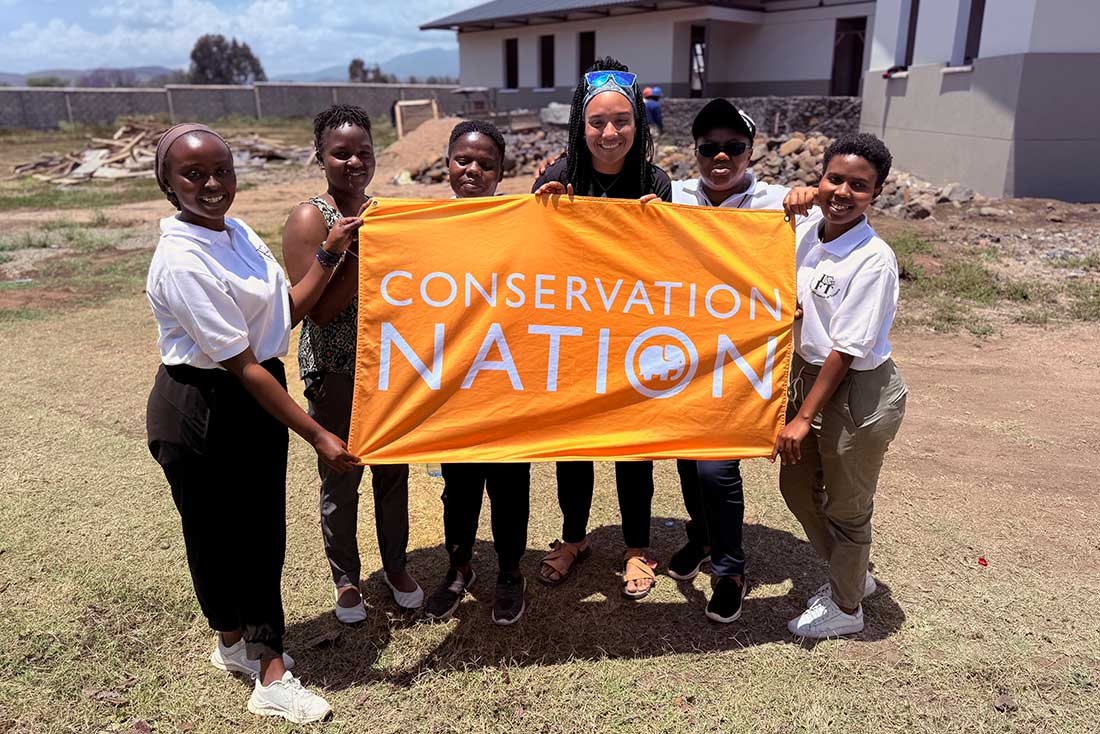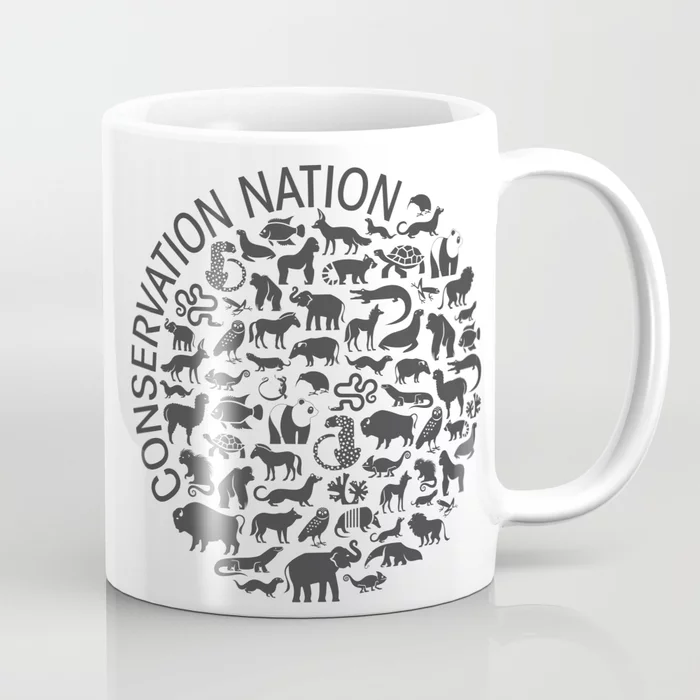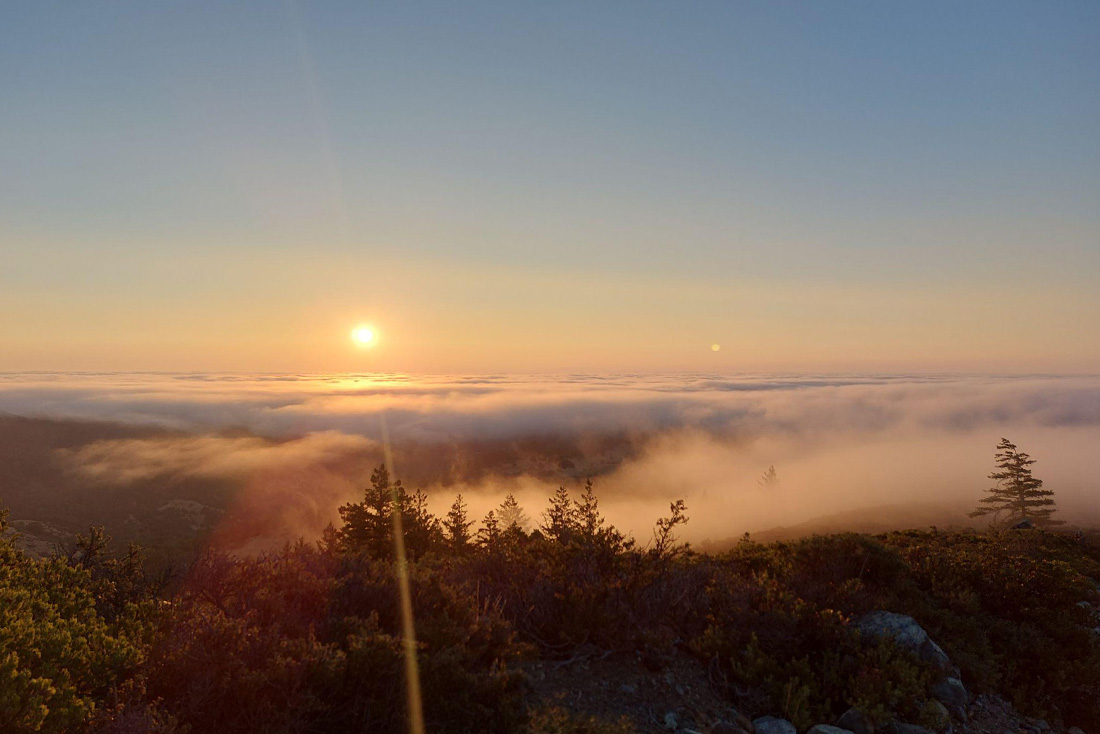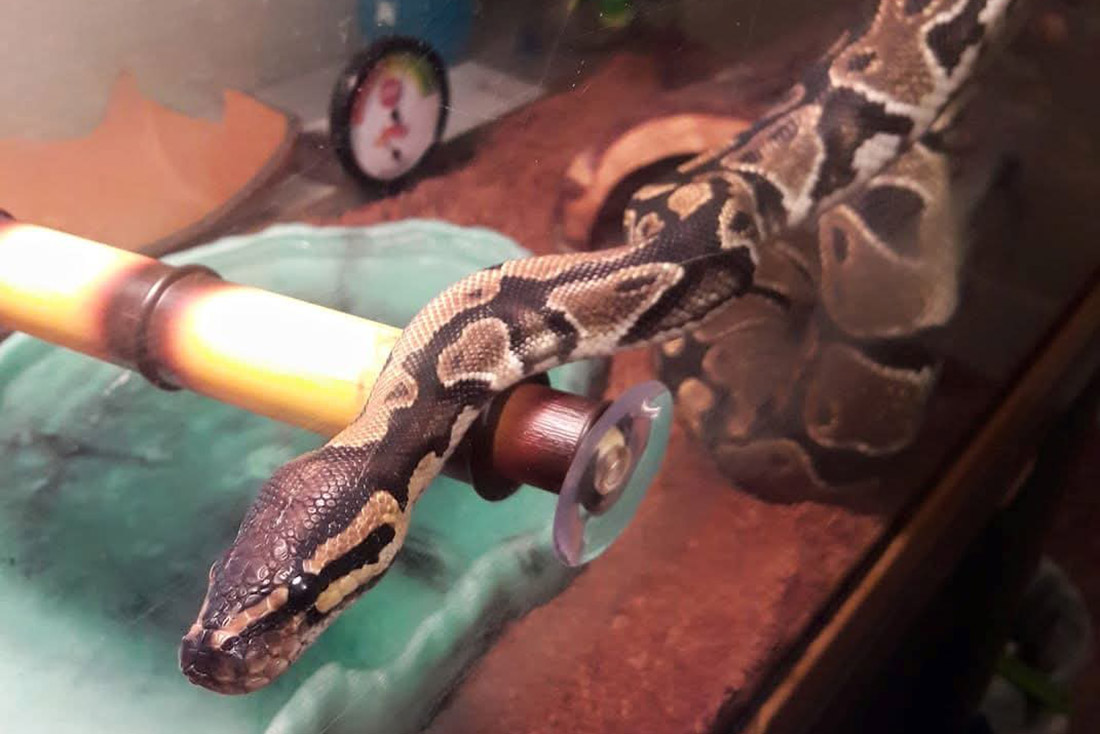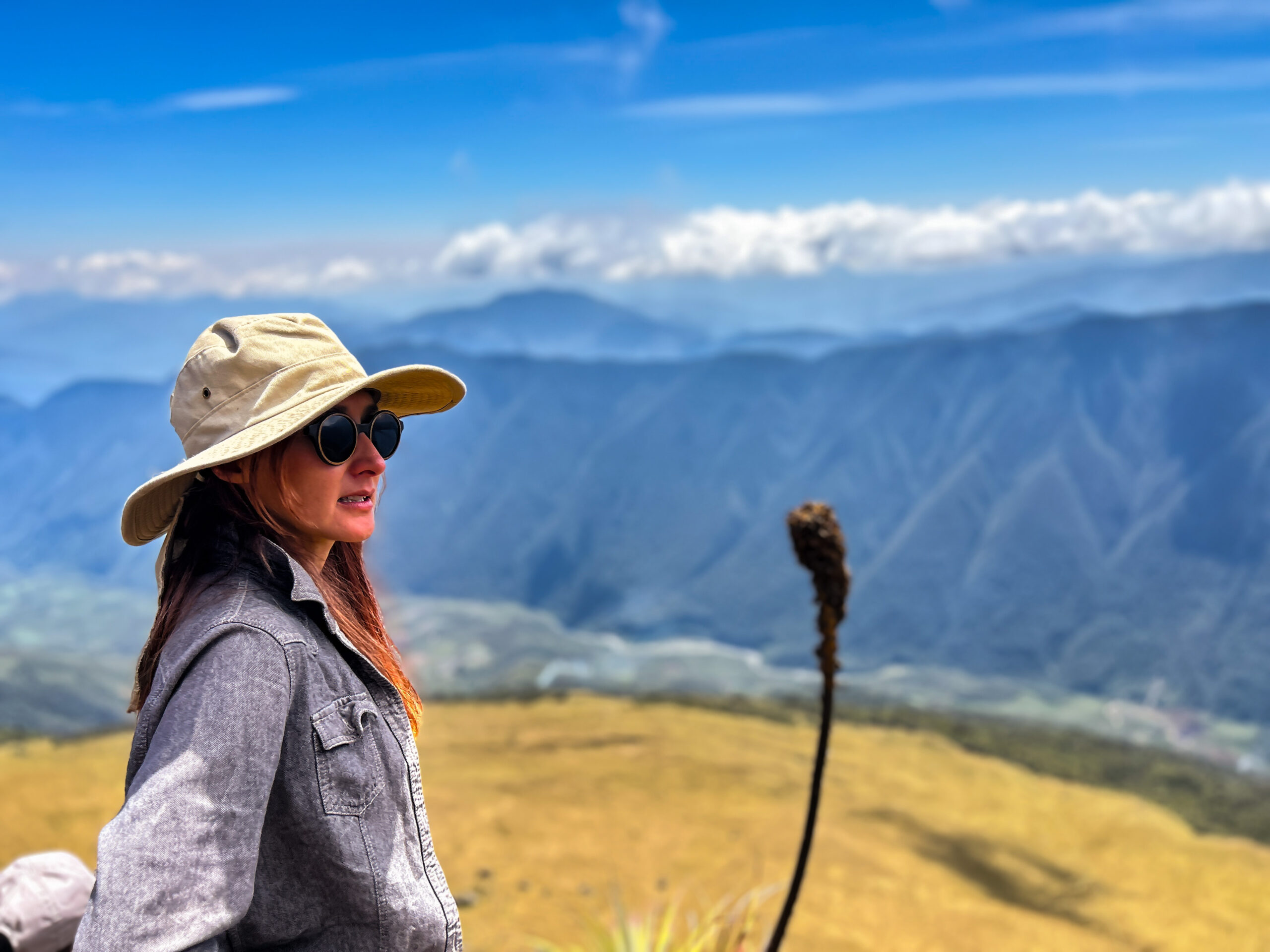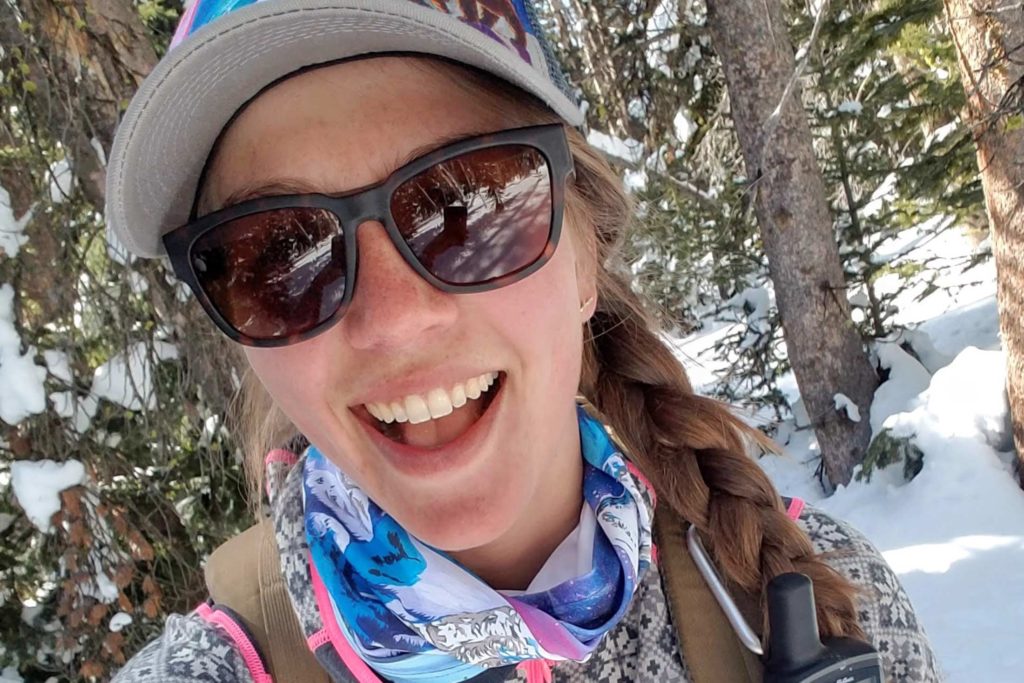Elise Loggers is one of Conservation Nation’s 2021 emerging conservationist grant winners. After obtaining her undergraduate degree from the University of Washington, she spent three consecutive years working as a biological technician in Yellowstone National Park where she collected non-invasive DNA samples from cougars and bears during snow-tracking and hair snare projects. Elise spent over 300 hours observing wolf behavior during intensive studies and skied over 1,000 miles each winter to visit GPS locations of wolves and cougars to determine kill rate and diet composition. She monitored grizzly bears from aerial surveys, worked with bears to attempt to correct negative behavior, and surveyed plots of important bear foods. Through this work, she built a solid foundation for field practices.
Grizzly Bear Conservation
In 1982, Yellowstone National Park created Bear Management Areas (BMAs) to restrict human access to areas with important bear foods to improve safety for both humans and grizzly bears. Elise will model habitat relationships of grizzlies to evaluate the efficacy of BMAs, for both bears and humans. Specifically, she will be collecting field data in both Yellowstone National Park and Grand Teton National Park to determine resources important to grizzlies, assess habitat quality for grizzlies, and identify backcountry areas with high potential for human-bear conflict. Areas for bears to forage without human disturbance will become increasingly important as human development expands into undeveloped areas. Elise’s work will update the current BMA plan and be applied to Grand Teton National Park to identify candidate BMAs. Ensuring a healthy grizzly population at the southern extent of the current grizzly bear range is essential for gene flow throughout the range of this species.

